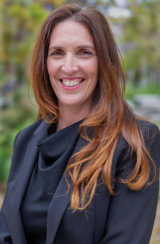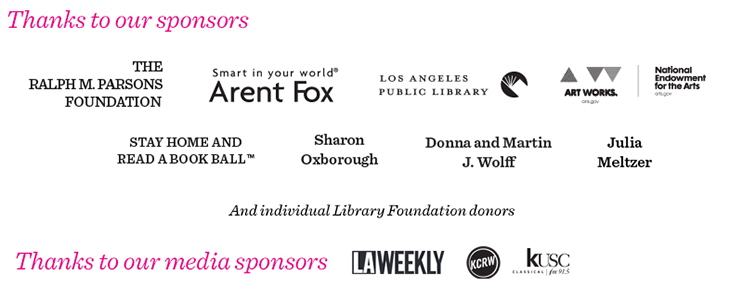
The leaps and advances of science and technology to revolutionize human DNA have sparked fierce public debate about what the future of gene editing holds for humanity. Moving beyond some of the alarming sci-fi scenarios of gene editing, groundbreaking scientists are harnessing the power of these biological breakthroughs to save lives. At Dr. April Pyle’s laboratory at UCLA, she investigates human pluripotent stem cell biology and the differentiation of these cells for use in regenerative medicine, including therapeutic approaches for patients with muscular dystrophy. Discussing with the Los Angeles Times science and medicine editor Karen Kaplan, Dr. Pyle takes the stage to shed light on the reality of stem cell research today.
Dr. Pyle received her Ph.D. from the University of Tennessee in 2002 and completed her postdoctoral fellowship work with Peter Donovan in 2006 at Johns Hopkins University. She is currently an Associate Professor in the Department of Microbiology, Immunology and Molecular Genetics at UCLA and a member of the Eli and Edythe Broad Stem Cell Center, the Center for Duchenne Muscular Dystrophy, and the Jonsson Comprehensive Cancer Center at UCLA. Dr. Pyle’s lab uses multi-disciplinary approaches to study human pluripotent stem cell biology and the differentiation of these cells for use in regenerative medicine. Dr. Pyle’s lab studies both basic aspects of stem cell biology as well as more translational aspects of human pluripotent stem cell differentiation towards skeletal muscle for use in therapeutic approaches for patients with muscular dystrophy.
Karen Kaplan is the science and medicine editor at the Los Angeles Times. Before joining the science group in 2005, she covered technology in the Business section for ten years. She is a graduate of MIT and Columbia University. In a parallel universe without journalism, she’d have a career in economics, genetics, biostatistics, or some other field that describes the world in math.
